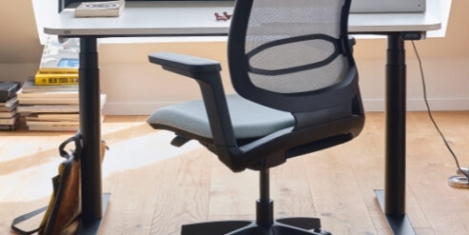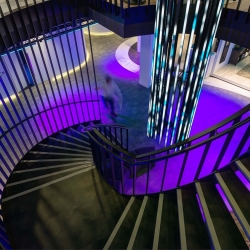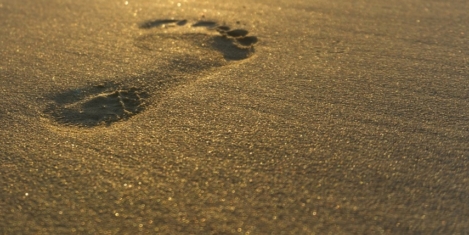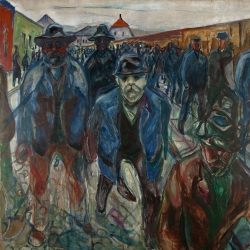April 10, 2022
Facilities Managers should be seen as stewards of corporate culture
 The pandemic has irrevocably changed the way we work. Once considered a place simply to do business, the office is fast becoming a ‘lifestyle choice’ among young people who value more than just a desk. Instead, they want an engaging, healthy, and resilient working environment where they can socialise, make friends, and build connections to help their career and wellbeing thrive. In fact, an EY study found that 90 percent of Generation-Z value the human connection in the workplace above salary when it comes to their at-work communication. A recent Gallup survey even found a tangible link between having a best friend at work and productivity: those who have a best friend in the office are twice as likely to be engaged in their role and company. (more…)
The pandemic has irrevocably changed the way we work. Once considered a place simply to do business, the office is fast becoming a ‘lifestyle choice’ among young people who value more than just a desk. Instead, they want an engaging, healthy, and resilient working environment where they can socialise, make friends, and build connections to help their career and wellbeing thrive. In fact, an EY study found that 90 percent of Generation-Z value the human connection in the workplace above salary when it comes to their at-work communication. A recent Gallup survey even found a tangible link between having a best friend at work and productivity: those who have a best friend in the office are twice as likely to be engaged in their role and company. (more…)



















 Even as we begin to glimpse the light at the end of the tunnel of the pandemic, evidence suggests that many workers want to carry over the working flexibility that the pandemic afforded into the post-pandemic world and a new future of work. Namely, employees are wanting to adopt a ‘mixed’ working style – spending time both working in the workplace,
Even as we begin to glimpse the light at the end of the tunnel of the pandemic, evidence suggests that many workers want to carry over the working flexibility that the pandemic afforded into the post-pandemic world and a new future of work. Namely, employees are wanting to adopt a ‘mixed’ working style – spending time both working in the workplace, 




 An employee survey can offer fantastic insight into the highs and lows of working for your company, and how employees perceive and understand your business culture. These survey responses can allow mangers and leaders to make proactive and positive changes to the business, improve employee engagement and ultimately increase business success. However, research tells us response rates can be as low as
An employee survey can offer fantastic insight into the highs and lows of working for your company, and how employees perceive and understand your business culture. These survey responses can allow mangers and leaders to make proactive and positive changes to the business, improve employee engagement and ultimately increase business success. However, research tells us response rates can be as low as 











April 12, 2022
Sustainable office design relies on everybody sharing knowledge
by Harsha Kotak • Comment, Environment, Workplace design